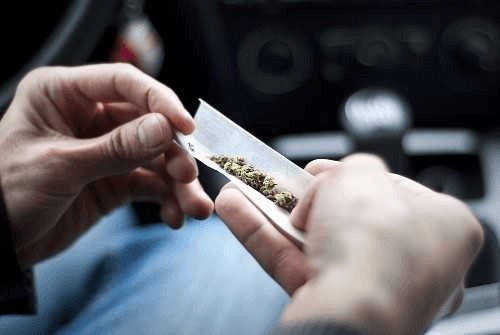 Like alcohol and other drugs, marijuana is a substance that can impair one’s ability to operate a vehicle. As of April 2015, Georgia passed a bill that would make marijuana legally obtainable throughout the state. However, driving under the influence of marijuana remains a serious offense, and one that will require legal advocacy.
Like alcohol and other drugs, marijuana is a substance that can impair one’s ability to operate a vehicle. As of April 2015, Georgia passed a bill that would make marijuana legally obtainable throughout the state. However, driving under the influence of marijuana remains a serious offense, and one that will require legal advocacy.
What if I am pulled over after having consumed marijuana?
If you get behind the wheel after consuming marijuana, a routine traffic stop might take a more serious turn. A police officer might see or smell marijuana within the car or might be tipped off by certain signs, such as: red eyes, lethargy or overt nervousness. In an alcohol-related DUI case, a police officer would give you a breath test to measure the amount of alcohol in your system. However, with marijuana, no such test is currently in use in Georgia. The police office might proceed offer a field sobriety test, similar to those given for suspicion of alcohol-related DUIs.
If you perform poorly on these tests, the police officer could arrest you on suspicion of driving under the influence of marijuana and order a blood test in order to confirm the amount of THC within your system. Only after this test has been completed and intoxication has been proven will you be booked on charges of a marijuana-related DUI.
Are blood tests in Georgia accurate representations of intoxication?
The process by which blood test results are examined in Georgia are flawed and not always indicative of intoxication or impairment. Simply, blood tests are given to determine the level of THC in your system. However, this is not an appropriate indication of impairment, as THC can remain in your system for weeks with no impairing effects. Instead, impairment should be judged by the amount of active metabolites in your system. Currently, Georgia’s tests results do not consider such levels of active metabolites.
What are the penalties for a marijuana-related DUI offense?
The consequences of a marijuana-related DUI conviction are exactly the same as those of an alcohol-related DUI offense. These include the following possible penalties for those over the age of 21, and differ on a case by case basis:
• License suspension for up to 12 months
• A minimum of 40 hours of community service
• Between $300-$1,000 in fines
• Jail time for up to one year
• Clinical drug/alcohol evaluation
• Completion of a Drug Risk Reduction program
These penalties are intensified byadditional offenses with increased fines and jail time.
What legal help is available for me?
At the Willis Law Firm, our goal is to help you avoid the consequences of a DUI conviction. With Georgia’s flawed system of detecting intoxication and impairment, it is imperative that you have an attorney in your corner who will fight for you and protect your rights. With over 100 years of combined DUI experience, our lawyers know how to navigate the complex waters of a marijuana-related DUI case and grant you the best representation possible.
Get in touch with our skilled DUI lawyers in Atlanta today for a free case evaluation.
